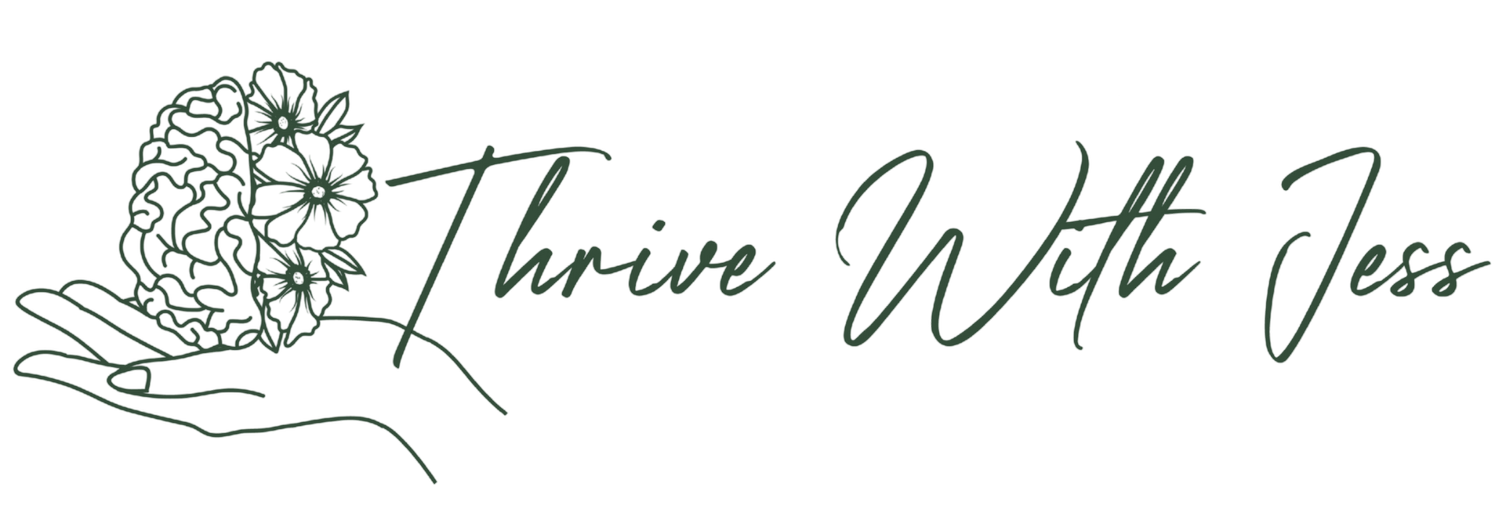Therapy 101: A First Timer’s Guide
I always joke with my clients that I’m a bit biased—as a therapist, I think everyone should experience therapy at some point in their life. And after all these years in practice, I still genuinely believe that. But I also remember how terrifying it felt to start—both when I became a therapist and when I sat on the couch as a client myself. That first step can feel overwhelming. If you’re just starting out and you’re feeling nervous, unsure, or even skeptical about therapy—you’re not alone.
Why Even Start Therapy?
Some people begin therapy because they’re struggling with their mental health. Others might be facing relationship issues, grief, life transitions, or just feeling stuck. Whatever the reason, therapy is one of the most powerful tools for healing and self-discovery. It’s a safe, confidential space to explore your thoughts, feelings, and experiences. While many people start therapy during a crisis- that’s not the only reason to come. Therapy is also a space for:
Growth
Healing
Self-awareness
Learning new tools and perspectives
What to Expect in Therapy
It really depends on your therapist and your goals, but here’s a general idea of what the first steps might look like:
Paperwork (sorry, but it’s a thing!)
An intro session where we talk about why you’re coming, what you’re hoping to get out of therapy, and how we’ll work together.
No pressure to share everything right away—you get to set the pace.
I like to remind clients: You’re the driver. I’m just the backseat driver, here to support and guide you on the road you’re choosing.
Tips for First-Time Therapy Clients
If you’re about to start therapy, here are a few things I want you to keep in mind:
Be honest when you can—but also give yourself permission to move slowly.
Bring your questions—we welcome them!
Offer yourself grace—therapy isn’t a straight line; it can be messy and non-linear.
You are not alone—starting therapy is a brave and important step.
Starting therapy can be scary—but it can also be the beginning of something really meaningful. If you’re considering it or have questions, I’m always here to talk.
You don’t have to figure it all out on your own.
